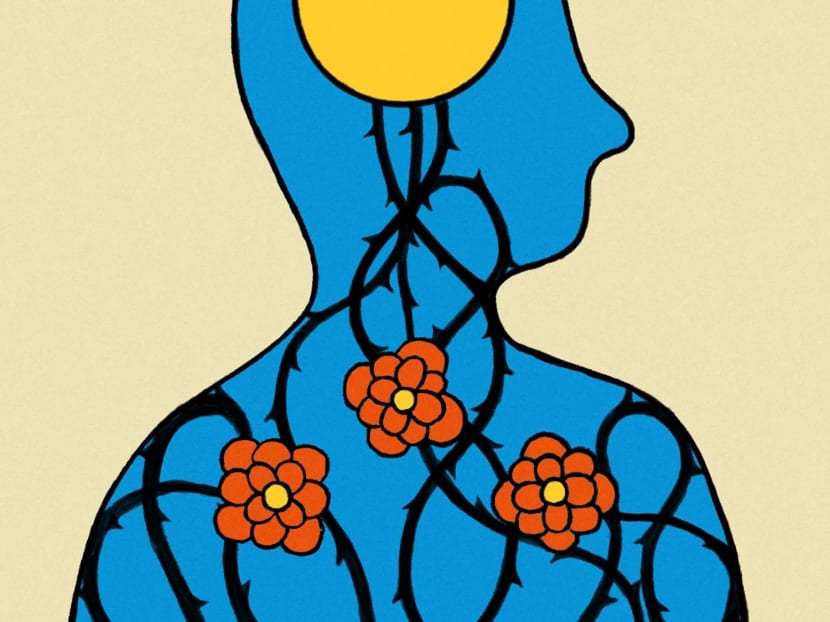How accepting negative emotions can help your mental health
NEW YORK — In a study published recently in the journal "Emotion", researchers found people who habitually judge negative feelings as bad or inappropriate have more anxiety and depression symptoms and feel less satisfied with their lives than people who perceive their negative emotions in a positive or neutral light.
NEW YORK — In a study published recently in the journal "Emotion", researchers found people who habitually judge negative feelings as bad or inappropriate have more anxiety and depression symptoms and feel less satisfied with their lives than people who perceive their negative emotions in a positive or neutral light.
The findings add to research that indicates people fare better when they accept their unpleasant emotions as appropriate and healthy, rather than try to suppress them.
WHY JUDGING YOUR FEELINGS CAN BACKFIRE
When we perceive our emotions as bad, we pile more bad feelings onto our existing ones, which makes us feel worse, said Dr Emily Willroth, a psychologist at Washington University in St. Louis and a co-author of the study.
It’s likely to increase the intensity of our negative feelings and the amount of time we suffer from them. Instead of having a feeling pass after a few minutes, you might ruminate on it for hours.
Research has linked emotional suppression with an increased risk for mental health problems. “What one resists, persists,” said Dr Amanda Shallcross, a naturopathic physician who studies emotion regulation at the Cleveland Clinic.
When you avoid your emotions, “you’re bound to experience longer-term negative mental and physical health,” she said.
HOW TO MAKE PEACE WITH YOUR FEELINGS
Remember that unpleasant feelings are part of being human. Negative feelings can even serve a purpose, Dr Willroth said.
“Anxiety can help you to face a potential threat, anger can help you stand up for yourself, and sadness can signal to other people that you need their social support.”
When you experience a bad feeling, you don’t have to love the feeling — just try to feel neutral about it. The new study found that people who reacted neutrally were just as psychologically healthy as those who reacted more positively.
Practice and experience may also make emotional acceptance easier. Emotional well-being increases with age, and Dr Shallcross’s research has found that this could partially stem from the fact that people are generally better at accepting their emotions as they get older.
This article originally appeared in The New York Times.







